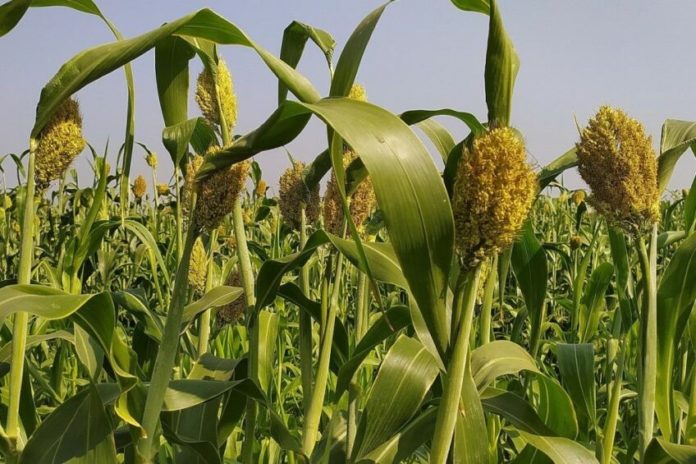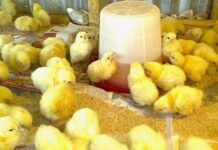Sorghum is a staple cereal grain crop that provides many health benefits for livestock, pets, and humans. But, specific compounds found in the sorghum varieties, such as tannins and polyphenols, can produce negative effects on poultry and the pet sector.
Some varieties of sorghum that have high tannin levels are a real no-go for poultry diets, but low tanning sorghum is a good substitute in the diet for wheat and maize. Researchers have suggested that the use of sorghum grain tannin up to 1% can be recommended in poultry diets but levels of 2-3% should be avoided unless treated for alleviation or deactivation of tannins.
Enhancing the beneficial compounds of sorghum
The US-based Foundation for Food and Agriculture Research (FFAR) is providing nearly US$850,000 in a Seed Solutions grant to Clemson University to study sorghum plant properties that enhance beneficial compounds in commercial sorghum while preserving the crop’s dual use as animal feed. Matching funds were provided by the university and Carolina Seeds Systems.
Dr. Jeffrey Rosichan, FFAR Crops of the Future Collaborative director, said the research was particularly important as sorghum is a climate-resilient crop that could boost crop diversity to strengthen the global food supply. Increased sorghum consumption would also US trade exports.
Poultry production involves converting feed into meat or eggs, but with high feed costs, profitability is under pressure. Increased feed efficiency will lower the cost of production which will then increase profitability. Available solutions in the nutritionist’s toolbox to optimise feed efficiency include enzyme supplementation, NIRS technology, and alternative feed ingredients. Read more…
“Sorghum is a productive crop that has the genetic capabilities to be a nutritional powerhouse. It is resilient to climate change and can be grown with fewer inputs, saving farmers money. By investigating the sources of sorghum’s health benefits, this research will unlock the crop’s full potential.”
Good for humans but bad for animals
Plant breeder Dr. Richard Boyles from Clemson University said his team of researchers would assess specific substances present in the grain that have beneficial health properties for people and do not cause negative outcomes for animals.
Once identified, the researchers will use non-GMO breeding methods to develop new sorghum hybrids that have these value-added properties. The final step will be to measure the impacts of the enhanced grain sorghum hybrids have on poultry growth, as well as their capability to reduce harmful diseases within the poultry gut.”
The reduction of dietary protein in broiler feeds has the potential to reduce feed costs and environmental impact, while improving bird welfare. Low-protein diets are usually formulated by reducing soybean meal inclusions and increasing the supplementation of amino acids. A recent study looked at the impact of readily digested maize starch in broiler feeds.
Boyles, assistant professor of plant breeding and genetics, added: “Spanning across plant breeding and genetics to animal sciences, this interdisciplinary project will use sound science and product development to create a more sustainable and prosperous US grain and protein market.
“Once we fully understand what and how plant-based metabolites are conferring health benefits, we can optimise their concentrations and availability through molecular breeding. This objective will run in unison with ongoing efforts to increase sorghum grain yield and stress resilience,” he added.
Boyles stressed the research would also help establish sorghum as an important tool in meeting the demand for nutritious, affordable as well as sustainable food and feed.








